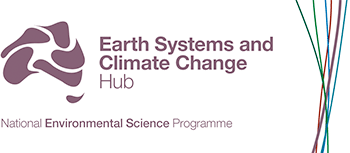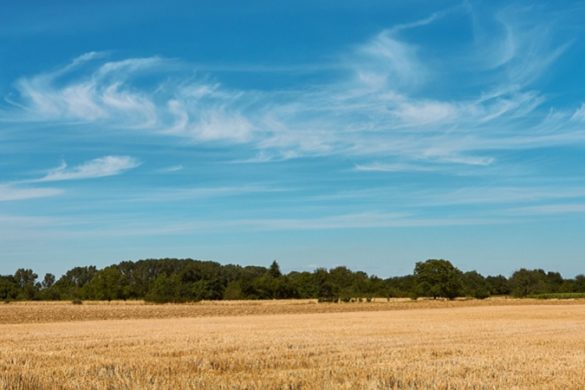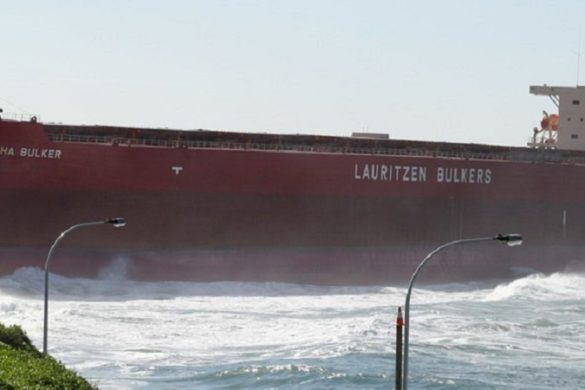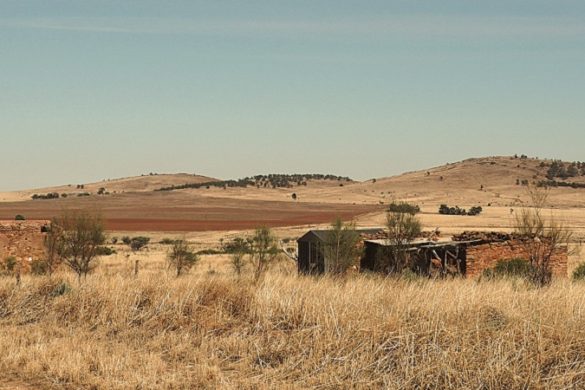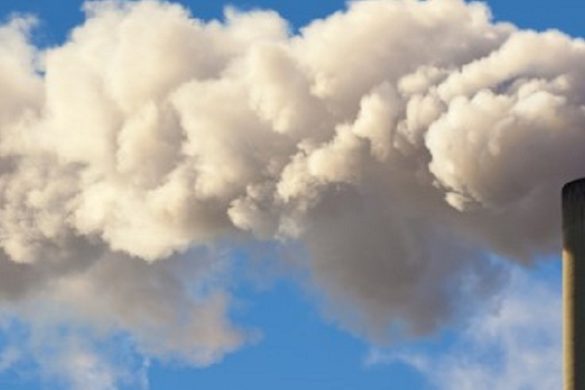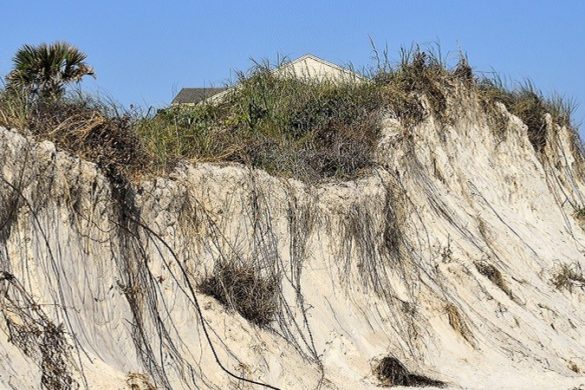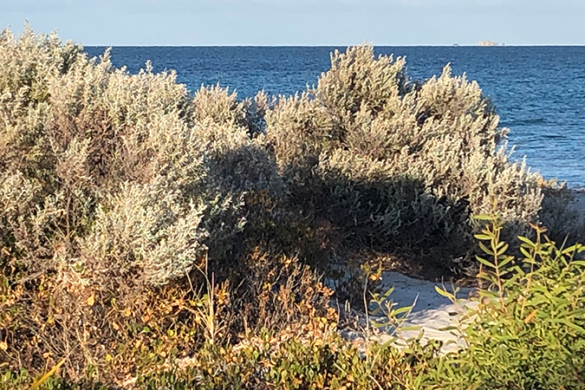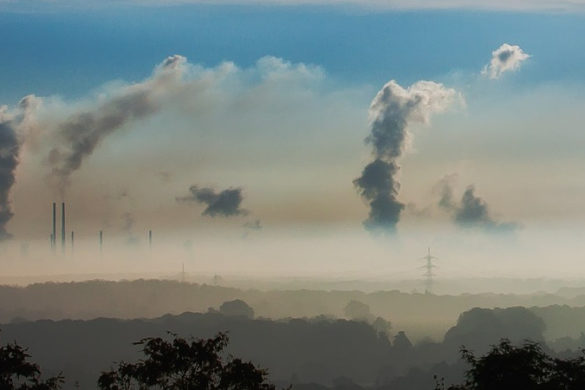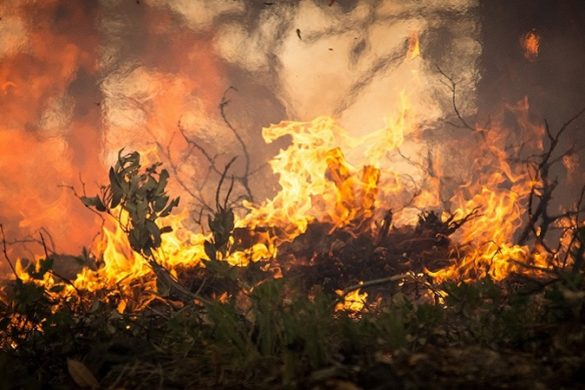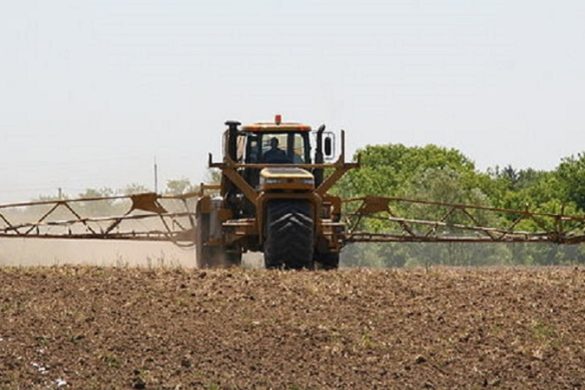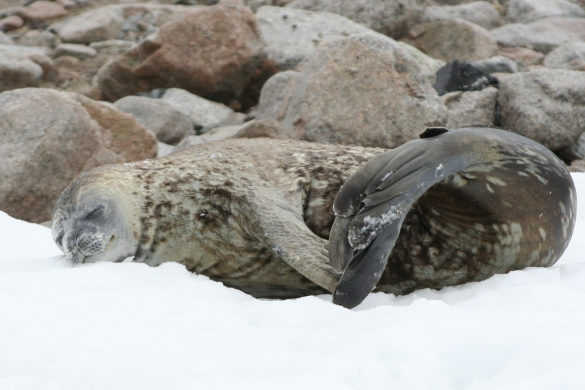The climate services sector in Australia has changed rapidly over the last few years. This study maps the current climate services capabilities in Australia, capturing information from both providers and users of climate services.
News
-
-
New Earth Systems and Climate Change Hub research shows that the number of lows in southern Australia during 2019 was about half the number we expect in a normal year and the fewest recorded in at least 50 years.
-
New Earth Systems and Climate Change Hub research published in the Journal of Climate investigates how we can better understand which east coast lows cause the most severe impacts.
-
News
Science update: Australian Drought – How will it be impacted by El Niño-Southern Oscillation over the coming century?
ESCC Hub research have examined the impact of global warming on the frequency of dry conditions over Australia, and how ENSO and global warming combine and interact to cause the dry conditions.
-
COVID-19 has affected global emissions in six economic sectors, with a significant decline in daily global emissions. Total daily emissions in early April were similar to those observed in 2006.
-
News
Just how hot will it get this century? Latest climate models suggest it could be worse than we thought
Mathematical models are used to project the Earth’s future under a warming world, but a group of the latest models have included unexpectedly high values for “climate sensitivity”.
-
The March 2020 workshop ‘Knowledge Exchange: Services and Science Supporting Climate Action’ aimed to share information between EU and Australia to inform best-practice approaches to developing a national climate intelligence capability for Australia. The workshop report is now available.
-
Hub researchers have developed a conceptual cost-benefit framework to measure the economic value of the Hub’s research outputs to the Australian economy and society more generally.
-
The National Centre for Coasts and Climate, through the Earth Systems and Climate Change Hub, has undertaken research to improve knowledge and resources on blue carbon ecosystems, coastal erosion and eco-engineering coastal defence solutions.
-
NewsUncategorized
Government review of the Intergovernmental Panel on Climate Change Sixth Assessment Report, Working Group I: The Physical Science Basis
The Intergovernmental Panel on Climate Change is currently undergoing the government review process for Working Group I (the Physical Science Basis) of its Sixth Assessment Report. Three science presentations are provided by report authors to assist reviewers to understand the key science topics and issues that might be covered in the report.
-
A recent workshop to discuss collaboration between researchers and First Nations peoples identified nine important considerations for co-designing climate-change-related research projects.
-
Global emissions for 2019 are predicted to hit 36.8 billion tonnes of carbon dioxide (CO₂), setting yet another all-time record. This disturbing result means emissions have grown by 62% since international climate negotiations began in 1990 to address the problem.
The figures are contained in the Global Carbon Project, which today released its 14th Global Carbon Budget.
-
Firestorms are (pyrocumulonimbus bushfires) are fires so intense they create their own thunderstorms, extreme winds, black hail, and lightning. Human-caused climate change has already resulted in more dangerous weather conditions for bushfires in recent decades for many regions of Australia. This article outlines research which shows that from 2060 onwards, sharp increases in dangerous fire days across southeast Australia that coincided with atmospheric conditions primed to generate firestorms are projected. These extremely dangerous days also shifted across seasons, starting to appear in late spring.
-
Nitrous oxide (N₂O) is the third-most-important greenhouse gas after carbon dioxide and methane. Human-driven N₂O emissions have been growing unabated for many decades, but we may have been seriously underestimating by just how much. In a paper published today in Nature Climate Change, we found global emissions are higher and growing faster than are being reported.
-
The recent IPCC Special Report on Oceans and Cryosphere in a Changing Climate provides updated science on how polar regions, mountains, oceans and coasts are being affected by the changing climate faster than previously thought, with serious implications for sea-level rise and ocean ecosystems.
